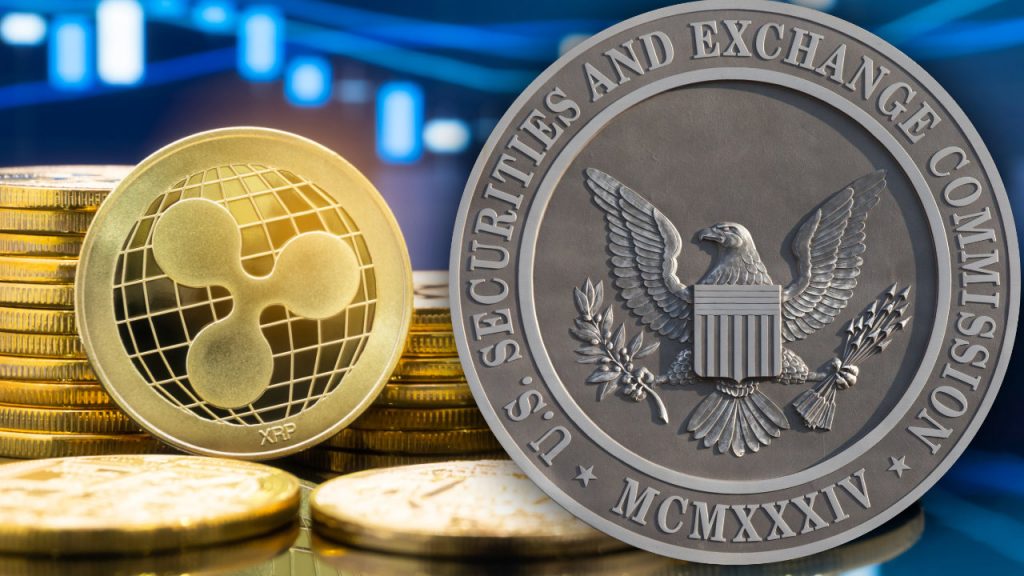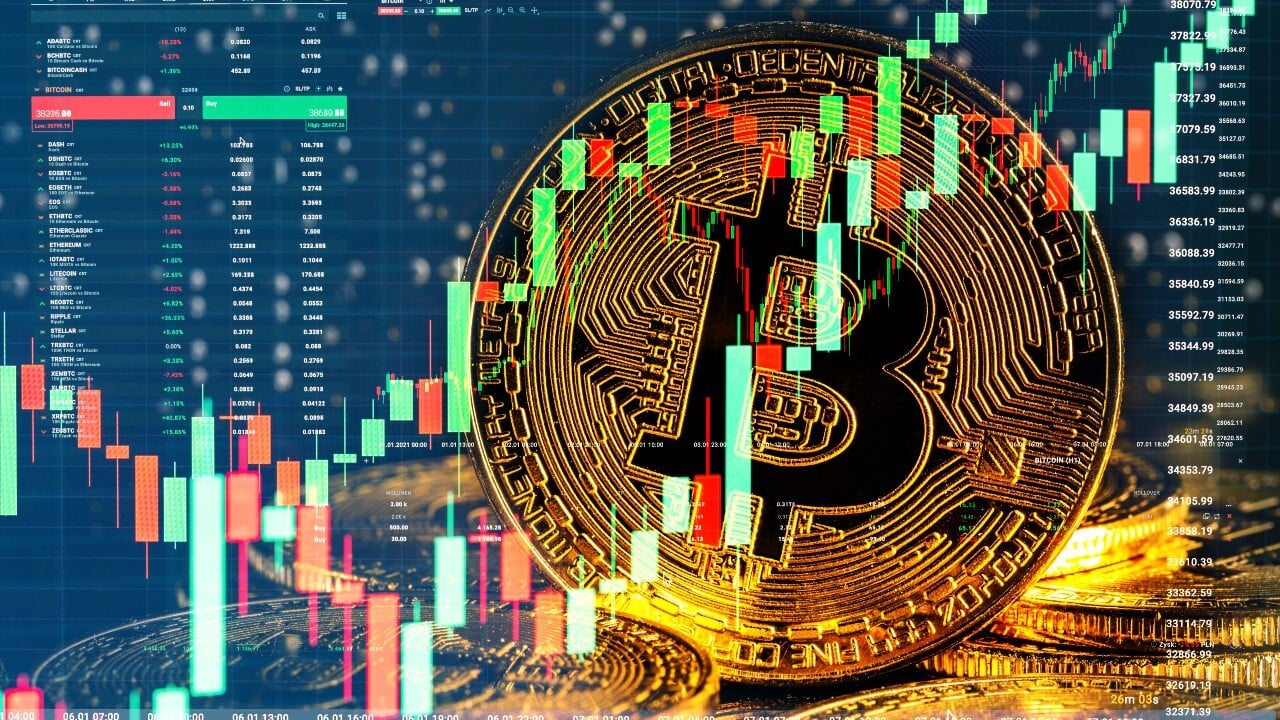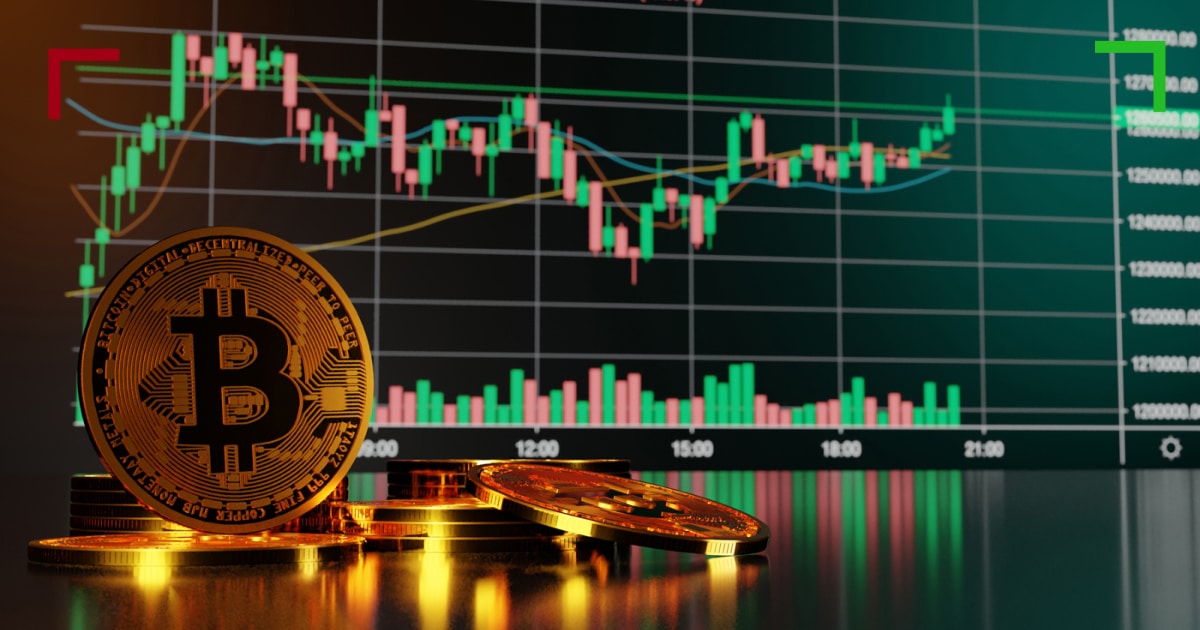Ruling declares Ripple’s XRP token can be treated as a security – The tale of Ripple Labs, the XRP token, and whether the sale of its cryptocurrency violated US securities legislation continued today. Judge Analisa Torres of the United States District Court for the Southern District of New York issued a complex opinion on the topic.
In summary, after reviewing numerous different XRP token sales techniques over time and applying the Howey Test to each, the district judge granted the SEC’s petition for summary judgment in relation to Ripple’s institutional sale of the XRP token. According to Torres, this suggests that XRP is a security when it is sold through institutional sales.
Also, see:
Android 14’s fourth beta version includes an auto-confirm unlock feature
Based on Facebook data, a teen and her mother pleaded guilty to abortion charges
cybersecurity professional is accused of stealing $9 million in cryptocurrency
However, in an unexpected turn of events, the judge dismissed the SEC’s request for summary judgment in relation to programmatic XRP sales, among other situations, including transactions by two of the company’s former and current leaders. This means she ruled XRP is not a security in the eyes of the general people.
Essentially, the judgment is a two-edged sword, but the majority of the crypto community sees it positively – most likely because they are largely retail investors who are invested in the non-security aspect of the ruling.
The SEC case against Ripple has been in the works since December 2020, when the agency sued the company and its two executives, Brad Garlinghouse and Chris Larsen, for allegedly raising $1.3 billion in an “unregistered, ongoing digital asset securities offering.”
The latest SDNY judgment comes as the SEC ramps up enforcement proceedings against firms that it believes are violating US securities law, pursuing charges against international players in the crypto sector such as Binance, and domestic competitors like Coinbase. The decision in the XRP complaint demonstrates that many viewpoints than just the SEC’s see illegal securities conduct in crypto-land, albeit more narrowly than what the regulator considers over the current legal lines.



















